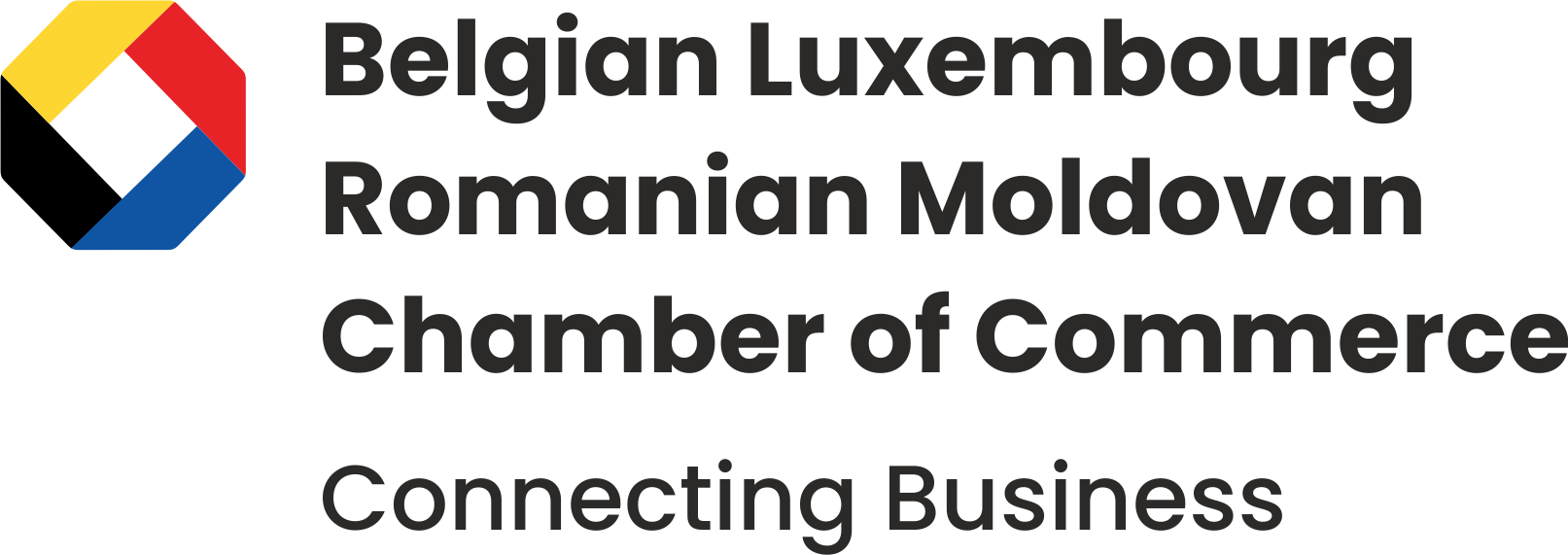PIT-Lag
IT-Parker-Lag MD
Lagen om parker för informationsteknik MD
Commentary to:
Art.
14 PIT-Lag/
Art.
14- Fördelning av beloppen för den engångsskatt som tas ut från invånare i informationsteknologiparker
( In force since 2017-01-01 )Belopp som betalas av parkens invånare genom den engångsskatt som tas ut av invånare i informationsteknologiparker ska samlas in av skattedepartementet på ett samlingskonto i statskassan och sedan fördelas:
a) till statskassan:
- Inkomstskatt från företagarverksamhet - 10,0 %,
- Inkomstskatt som innehålls från lönen - 19,4 %,
-Skatt på användning av vägar för motorfordon som är registrerade i Moldavien - 0,1 %;
b) till den statliga socialförsäkringsbudgeten:
- Obligatoriska statliga socialförsäkringsavgifter för invånare i industriparker för informationsteknik - 54,7 %;
c) till obligatoriska sjukförsäkringskassor:
- Obligatoriska sjukförsäkringspremier i form av ett procentuellt bidrag från löner och andra ersättningar som betalas av arbetsgivare och arbetstagare - 15,4 %;
d) lokala budgetar:
- Lokala skatter som tas ut av invånare i informationsteknologiparker - 0,3 %,
- Skatt på juridiska personers fastigheter - 0,1 %.

MDW - Moldova´s Germanspeaking Business Association
Chisinau Moldova
franz-anton.plitt@mdw-moldova.org - www.mdw-moldova.org
Up-to-date:
2021-04-10Basics
Here you can see very nicely, what shall be covered by the one-tax-system.
Effectively the state does here the work what in other systems is done by the employers/ enterprises: To calculate and then to pay to different receivers.
From my point of view is this the much more efficient way. It simply spares many hours of work of people in the accounting business.
So for me this method of "paying in one amount to the state and the state forwards the money to the different units" looks not only more simple but also more transparent. It is 100% clear, what part of the money is for what purpose. If the state wants to change this diversion: Change this law.
In comparison: In nearly all western systems the health care system and the pensions system are supported with money from the income tax and other taxes. The result: Nobody has a clear idea how expensive these things are.
As neither the VAT nor the dividends tax is mentioned you can also see here that these taxes have to be paid additionally = in the normal ways. Dividends tax is currently 6%, perhaps not applicable, depending on the double taxation rules. VAT is normally not relevant.



